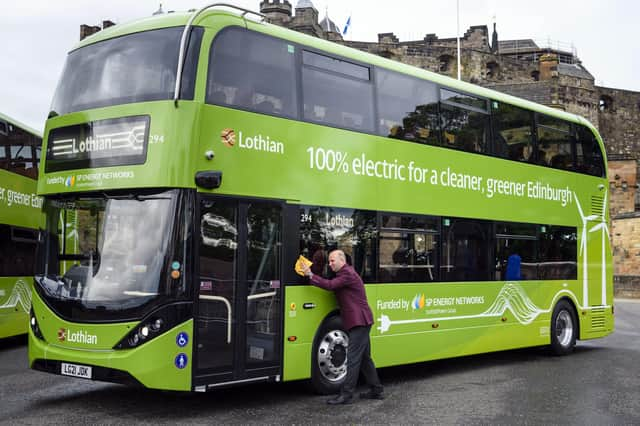How local councils in Scotland have a vital role in climate action - Richard Dixon


Scotland’s 32 councils make key decisions on planning, transport, education and buildings. Of course most of them are already making public buildings more energy efficient, buying power from renewables and changing their own vehicles to electric ones, but their impact goes much further than this. If they make the right decisions you can be living somewhere with good public transport, cycling and walking links, access to local shops and easy recycling. They could even be running the buses, like in Edinburgh, and generating your electricity. Bad decisions mean locking people into car-dependent lifestyles and limited job opportunities for those without a car.
The public sector’s direct emissions are relatively small at 2.2 per cent of Scotland’s total emissions in 2021, but their carbon footprint, through the impact of their procurement and other choices, is likely to be two or three times this amount. They also set a very visible public example of pro-climate or anti-climate activity, and are major energy users.
Advertisement
Hide AdAdvertisement
Hide AdThe 2009 Climate Act imposed a duty on public bodies to contribute to national climate targets. Analysis of the most recent reports from councils and other public bodies concludes that, although good progress has been made over the years, “greater action is urgently needed across the public sector to bring steeper cuts in emissions at a much faster pace.”
Unison found the costs of getting public services across the UK to net-zero is £140 billion up to 2035. The good news is that reducing emissions also means better transport options, making services more local and improving waste management, leading to healthier places and lower costs for councils and residents in the long term.
The public sector in Scotland spends around £13bn a year, with two thirds of this spent by our councils. This is a huge amount of money and, if it is spent well, it can be harnessed to help reduce climate change impacts.
In addition, this public procurement spending can be used to encourage a Just Transition to a zero-carbon economy by purchasing goods and services from enterprises that are local, low carbon and sustainable, and which offer local social benefits and have good workforce practices.
An area where councils can have an even wider influence is through their pension funds, which currently have around £1.2bn invested in fossil fuel companies around the world. That £1.2bn could instead be invested in energy-efficient social housing, funding public transport or creating green infrastructure in Scotland, guaranteeing a good return to the pension funds and simultaneously doing social and environmental good in Scotland.
There are already commitments from the Scottish Government to help councils with making their buildings more efficient, changing over heating systems to renewables and electrifying fleets, but these funds need to be increased to drive change faster and more widely. Action from councils is vital to reduce Scotland’s climate emissions but also to make it easier for all of us to live healthier, lower-carbon lives.
Dr Richard Dixon is an environmental campaigner and consultant
Comments
Want to join the conversation? Please or to comment on this article.